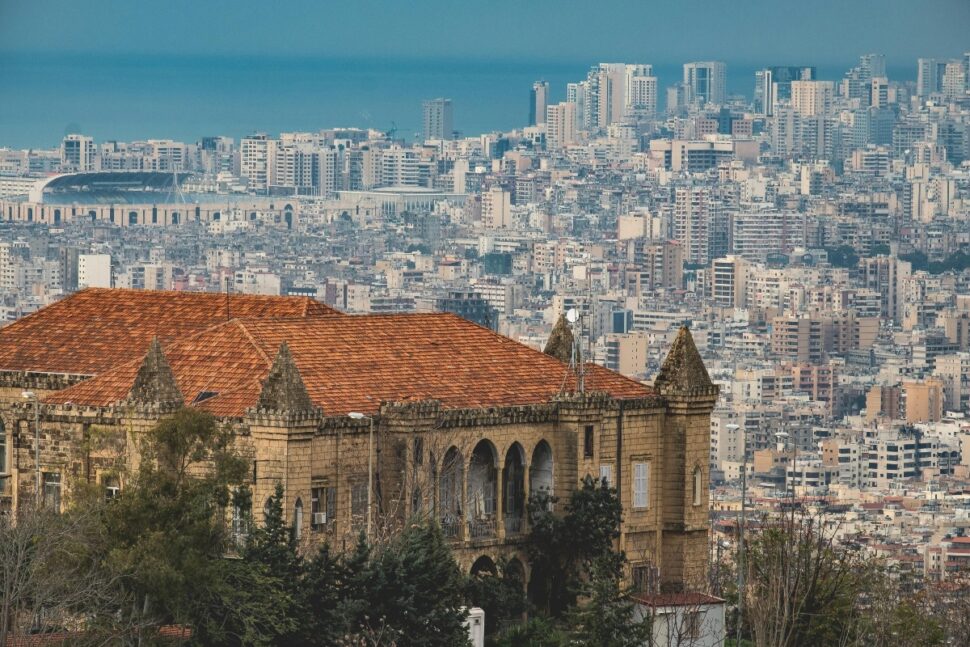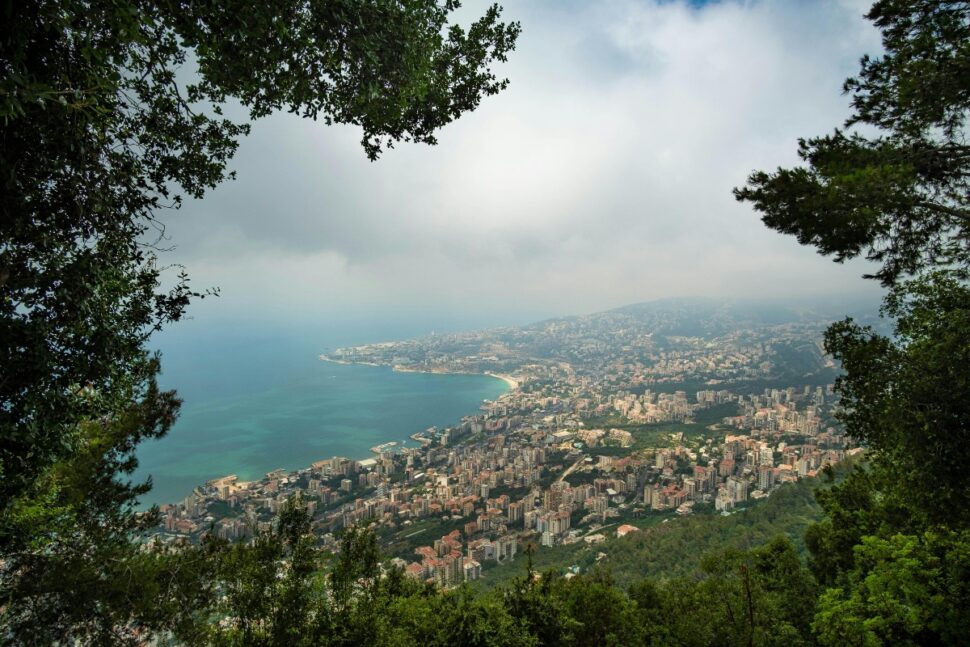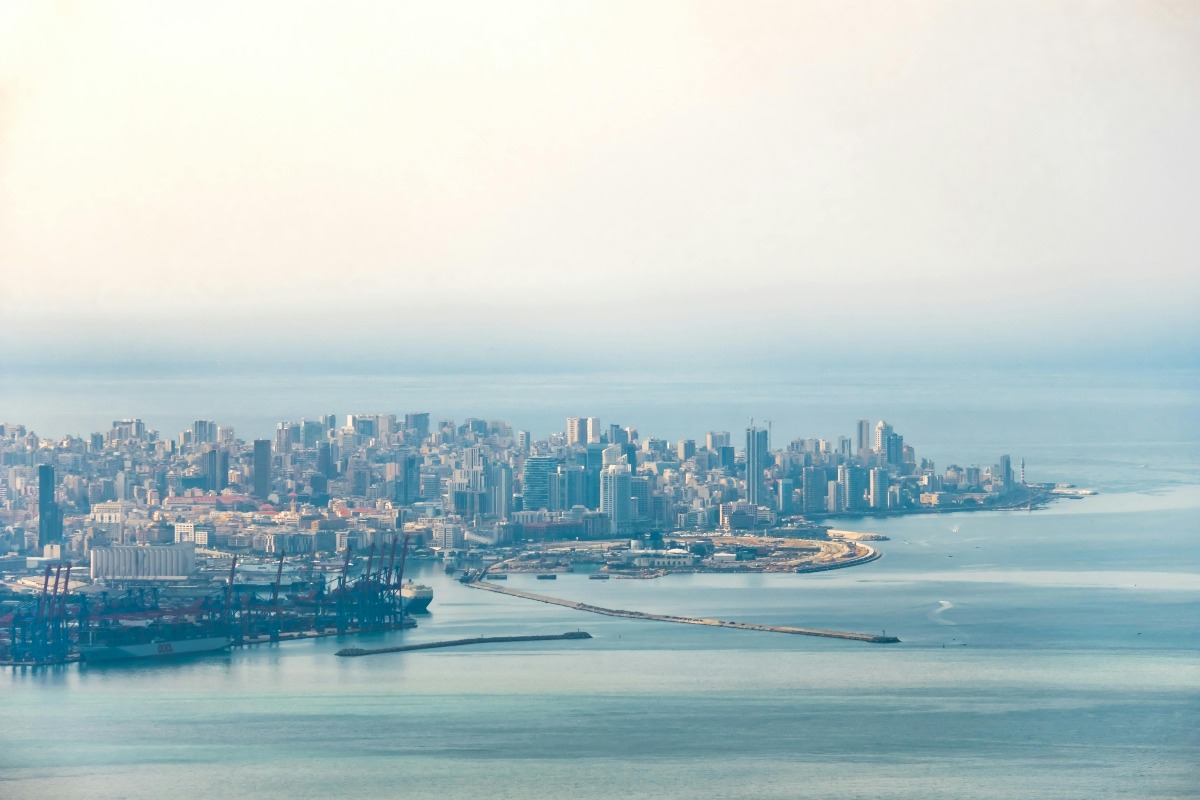Because of its long history, culture, and landscapes, Lebanon has long been a dream destination for many adventurers. With its compact borders, this tiny nation offers an assortment of experiences, from the cosmopolitan energy of Beirut — sometimes called the “Paris of the Middle East” — to the peaks of the Mount Lebanon range. In addition, Lebanon’s UNESCO World Heritage sites, such as the ancient city of Byblos and the ruins of Baalbek, typically draw history lovers from around the world.
Yet, as with some gems of the world, Lebanon’s glitter comes with a caveat. The country’s complex geopolitical situation and recent history of conflict have cast a shadow over its tourism potential. These events have left many would-be visitors wondering if the country is safe to visit. The response to this question calls for a careful exploration of current events, official advisories, and on-the-ground realities.
Current Security Situation
As of September 2024, the security situation in Lebanon remains unstable and unpredictable. The U.S. Department of State has issued a Level 4 travel advisory, strongly warning citizens: “Do Not Travel” to Lebanon. This stern warning stems from a combination of factors, including crime, terrorism, civil unrest, kidnapping, unexploded landmines, and the risk of armed conflict. The situation along the Lebanon-Israel border has become particularly tense.
Cross-border exchanges of fire between Hezbollah, an Iran-backed paramilitary group, and Israel have escalated since October 2023. These clashes have resulted in casualties and displacement of residents on both sides of the border. The conflict has even impacted areas well north of the border region, including parts of Beirut. In September 2024, a series of explosions rocked southern Lebanon, further heightening tensions between Hezbollah and Israel. These incidents highlight the region’s volatile nature and the potential for rapid escalation of hostilities.
Travel Advisories

For those considering a visit, it’s crucial to understand that the security situation can deteriorate rapidly and without warning. Commercial travel options, while still available, are operating at reduced capacity. There’s a real risk that these options could become unavailable if the security situation worsens further.
The U.S. Embassy in Beirut has taken the extraordinary step of urging all U.S. citizens to depart Lebanon while commercial options remain. They’ve emphasized that consular officers may not always be able to assist citizens who choose to stay due to the serious security threats facing U.S. government personnel in the country. And it’s not just the U.S. government sounding the alarm.
The Canadian government has also advised its citizens to avoid all travel to Lebanon, citing the deteriorating security situation and the ongoing risk of terrorist attacks. The UK’s Foreign, Commonwealth & Development Office (FCDO) has similarly warned against all travel to Lebanon. They’ve highlighted the risks associated with the ongoing conflict between Israel, Lebanese Hezbollah, and other non-state actors in the country.
Crime Safety
Lebanon’s crime landscape has shifted in recent years, with a notable increase in petty crimes since 2020. Visitors should be particularly vigilant in crowded areas, as purse snatching, pickpocketing, and theft from luggage at Beirut’s international airport have become more common. The economic crisis has also led to a rise in more serious crimes, including violent incidents and sexual assaults. Shooting incidents, especially at gas stations, have resulted in civilian injuries and fatalities.
Despite these challenges, Lebanon still maintains a relatively low crime rate compared to many other countries. The visible security presence throughout the country helps mitigate some risks. However, travelers should exercise caution, particularly in urban areas and tourist hotspots. It’s advisable to avoid carrying large sums of money, secure personal belongings (including passports and travel documents), and stay alert in all locations, especially after dark.
Kidnapping, while rare, has occurred in Lebanon, targeting both locals and foreigners. Most incidents typically involve Lebanese residents, but visitors should remain cautious, particularly in less secure areas. The southern suburbs of Beirut have seen instances where foreigners were held against their will.
How To Stay Safe In Lebanon

For those who, despite these warnings, find themselves in Lebanon, it’s crucial to exercise extreme caution. Monitor local news and official travel advisories regularly, as the security situation can change rapidly. Guests should avoid demonstrations, large gatherings, and areas known for political tensions, particularly the southern suburbs of Beirut and regions near the Syrian and Israeli borders. Moreover, being cautious in crowded places and staying alert to your surroundings is essential, especially at night when streets may be poorly lit due to electricity shortages.
It’s also vital to carry minimal cash and valuables and be discreet with expensive items to avoid attracting unwanted attention. Use reputable transportation services, preferably arranged through your hotel or a trusted local contact. Keep your travel documents up-to-date and easily accessible. Consider enrolling in your country’s traveler registration program for easier emergency assistance and stay in well-reviewed accommodations in safer areas like Hamra or Downtown Beirut.
People Also Ask
Is it safe to visit Lebanon? For now, the consensus among major Western governments is clear: Lebanon is not safe to visit. The unpredictable security situation and the risk of sudden escalation in the ongoing conflict make travel to the country extremely risky. Those with ties to Lebanon or urgent business there should carefully weigh the necessity of their trip against the significant safety concerns.
Are taxis safe in Lebanon? Licensed taxis are generally safe, but it’s best to use ride-hailing apps or have your hotel arrange transportation to ensure reliability and fair pricing.
Is it safe to drink tap water in Lebanon? It’s advisable to drink bottled water. The quality of tap water can be inconsistent, especially given the current infrastructure challenges.





